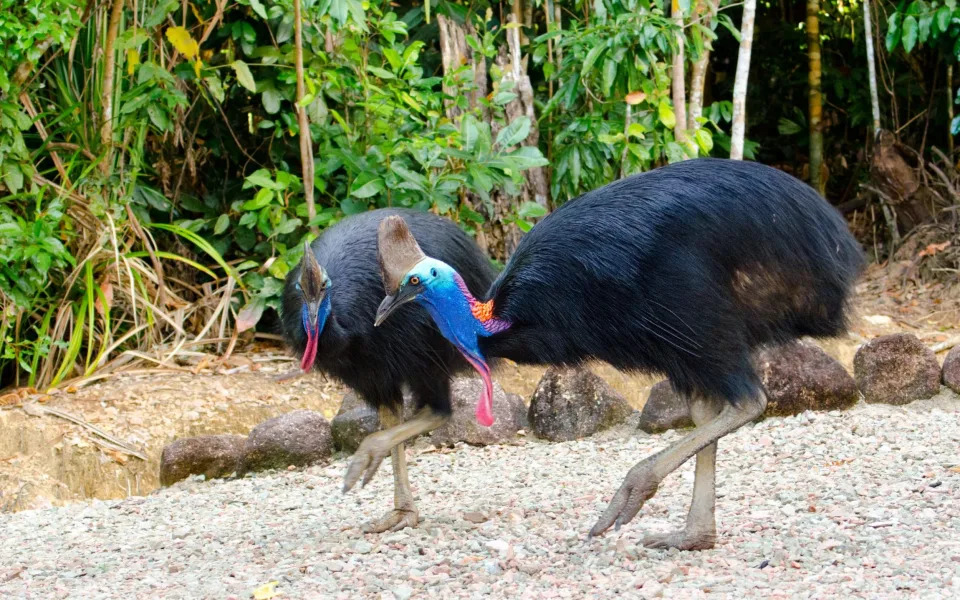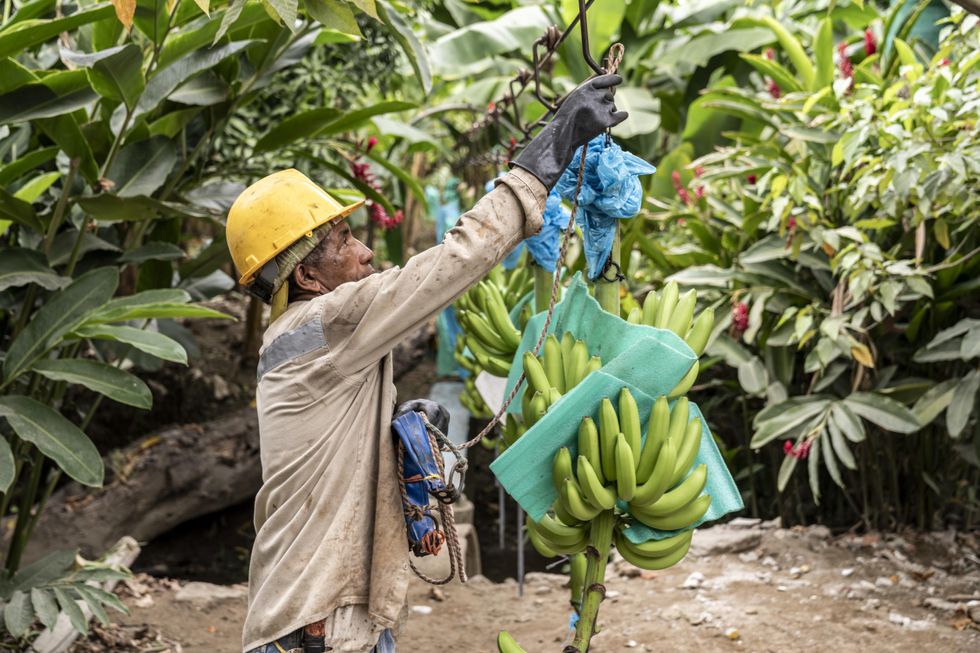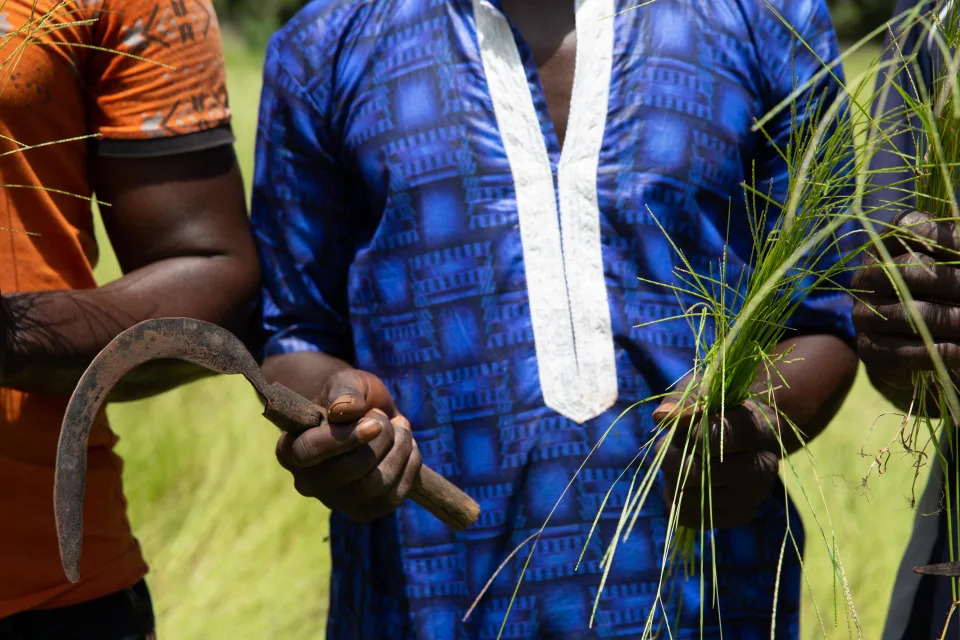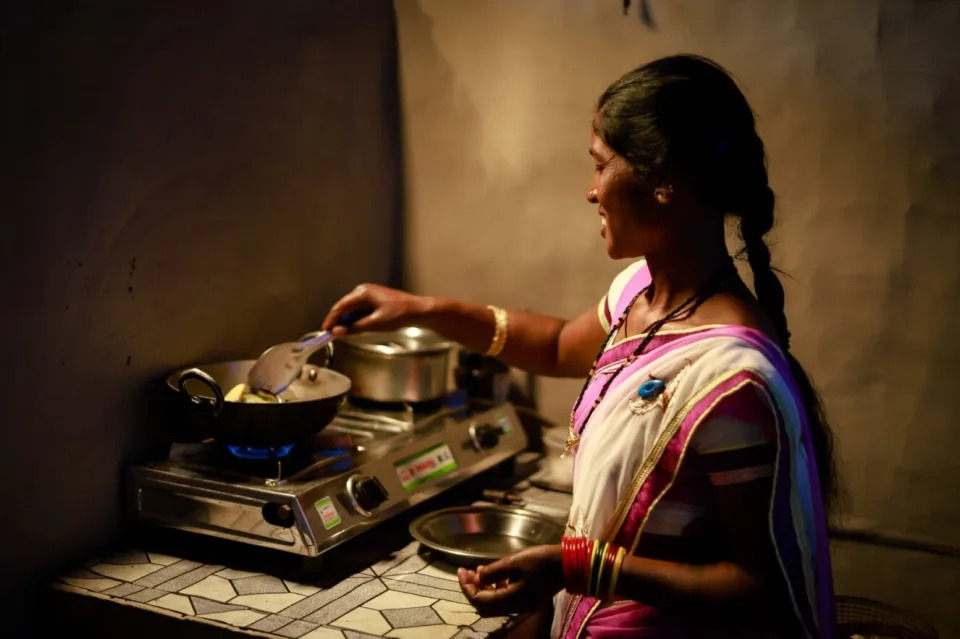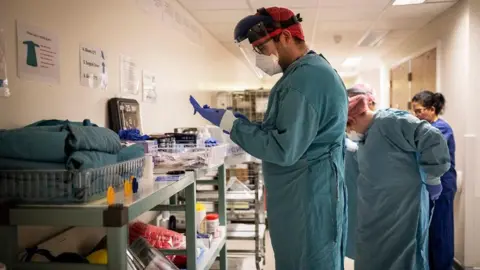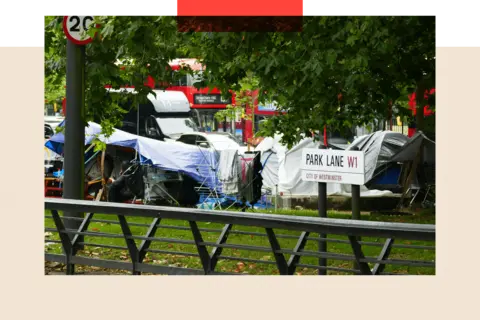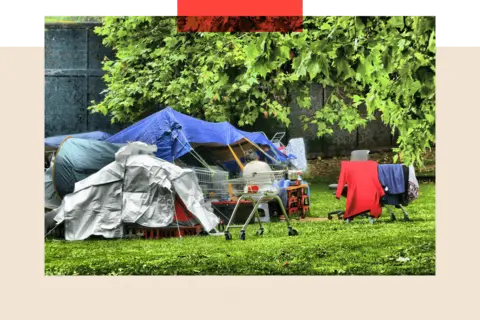Poorer pupils suffer 'nature gap'
This is the key finding from a new report published today by the World Wide Fund for Nature (WWF) as children go back to school after the summer holidays.
New research in the Schools for Nature report, conducted by The Education Company, and with input from 1,885 schools across the UK, shows that only 24 per cent of schools provide daily opportunities for pupils to experience nature.
Habits
Tanya Steele, CEO at WWF, said: “Schools and teachers have a vital and unique role to play in building children’s connection with nature – helping them learn about the wonder of the natural world and how to protect it.
“Getting out into nature is good for our physical and mental wellbeing too – and it doesn’t have to cost the Earth. Bringing nature into the playground, even in small ways, can give pupils a chance to learn and connect with the natural world around them.”
Shannon Kingston, Ark Tindall Primary, said: “As our curriculum intent at Ark Tindal is to have pupils leave the school with a relentless curiosity of the world around them, we knew we needed to build confidence and a positive attitude about outdoor learning within our teaching staff.”
Jacqui Sellers, Weydon School, said: “We are doing all we can to integrate the natural world into our school environment, teaching the next generation the importance of protecting it but also reaping the benefits to student wellbeing.
"We are all aware of the mental health challenges of young people and evidence shows that people with a strong connection with nature are typically happier in life; we aim to give students this knowledge and embed habits that stand them in good stead for the future.
Affluence
"Whether it’s a space to calm, reflection or learning, our wildlife garden is a wonderful addition to our school made possible through the dedication of parents and students.”
The report also reveals that as pupils progress from primary to secondary school, the likelihood of experiencing nature on a daily basis at school diminishes, dropping from 30 per cent to 12 per cent.
As many as 56 per cent of secondary schools said they don’t offer any outdoor learning to any pupils. Beyond the school gate, 79 per cent of parents in the UK believe their children's screentime has gone up since the pandemic.
The report data also reveals a 'nature gap’ between schools in better-off and more deprived areas.
While 52 per cent of students in state schools with a low percentage of free school meals are given daily opportunities to experience nature, only 18 per cent attending state schools with a high percentage of free school meals have these opportunities.
Bringing nature into the playground, even in small ways, can give pupils a chance to learn and connect with the natural world around them.
Overall, the report finds that currently, students’ chances of benefitting from spending time in nature – including benefits to their physical health, mental wellbeing and quality of education – are a lottery, depending on school year group, size, location, and affluence of the catchment area.
Provision
Critically, being in nature not only helps pupils, it helps teachers too. Teachers can also benefit from higher job satisfaction through outdoor learning, including positive effects on their teaching practice and professional development.
The report includes case studies on schools that have successfully integrated nature into their curriculum and offers practical advice on how more schools can introduce them. In light of the findings, WWF wants all schools to be supported to provide regular nature experiences and charities will be key to realising this vision.
Opportunities for pupils to experience nature at school can take place more formally during lessons, as part of their free time, or through school trips, extra-curricular activities and clubs. It doesn’t need to be expensive and can be included in a wide range of subjects.
But less than a third of UK schools say that outdoor learning is embedded into their curriculum for all students.
Embedding outdoor learning into the curriculum means that teachers are planning when, how, and what to teach outside the classroom, and is a way to ensure that nature features in students’ learning provision.
Outcomes
Pupils having access to nature during their free time requires either a natural environment onsite, or natural elements introduced. Yet half of schools in the UK say that none of their pupils have daily opportunities to spend free time or play in a nature-rich environment at school.
Overall, the report indicates that the most common practice when it comes to access to nature is through school trips and extra-curricular activities and clubs, with a quarter of schools saying that school trips to natural environments take place annually for all, or nearly all students.
While school trips and extra-curricular nature-based activities are important, they’re also infrequent and optional. The cost-of-living crisis is causing both parents and schools to revise their engagement with school trips, and voluntary activities are likely to attract students who are already engaged with, or interested in, nature.
Rather than addressing inequalities based on education phase and socio-economic factors, optional activities may actually reinforce and exacerbate existing disparities.
We know that spending time in nature is good for us. And there is a growing body of evidence showing that when children and young people connect with nature through learning, there are a wide range of positive outcomes for pupils, teachers, and for nature.
Mental wellbeing: Children and young people’s mental wellbeing has worsened over recent years, according to experts. In contrast, recent reports have shown that children show greater resilience, improved self-esteem, and increased self-efficacy when engaged in outdoor learning. Overall, children who experience nature-rich, immersive learning are more likely to feel good about themselves, resulting in improved wellbeing.
Improved attainment: Pupils are more motivated, less stressed, and more positive when learning in a natural setting, leading to better education outcomes. Teachers also report a reduction in disruptive behaviour, allowing pupils to focus on their work, and benefits to pupils who struggle in traditional classroom-based settings.
Benefits for teachers: Survey data from the largest outdoor-based learning project commissioned in the UK reveals that 72 per cent of project schools reported positive impacts on teachers’ own health and wellbeing. The majority of teachers involved in the study said they saw positive effects on their teaching practice and professional development, accompanied by a rise in their job satisfaction. Teachers also reported feeling less stressed as a result of spending time outside the classroom and engaging with nature.
Benefits for nature: The UK is in the top 10 per cent of the most nature-depleted countries in the world, with over 40 per cent of our species in decline [9]. For the next generation to care about, and take action to protect and restore nature, they must first develop a relationship with the natural world around them. Learning in nature and about nature at school plays an essential role in fostering this relationship.
This Author
Brendan Montague is editor of The Ecologist. This article is based on a press release from WWF.








